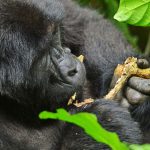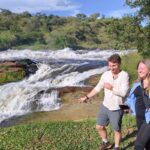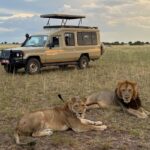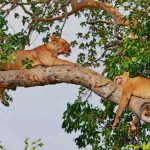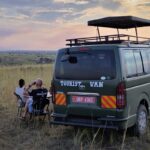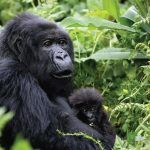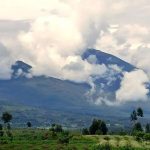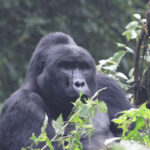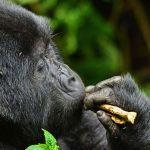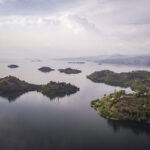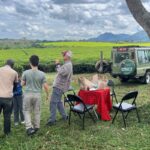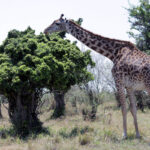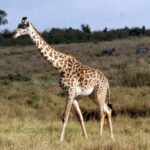Your all-inclusive safari cost includes many details such as transport, accommodation, activities & more. With this article, we want to give you are helpful breakdown so that you clearly understand what is involved.
Most people have a desire to travel because experiences are truly more satisfying than things. Unless you are visiting nearby places in your local area, travel always requires committing some resources in terms of time, energy, and especially money.
If you are dreaming of going on a safari in East Africa, you might be wondering how much it will cost you. The answer is not simple, as there are many factors that affect the total cost of a safari, such as the visa, the type of accommodation, the activities, the mode of transport, and many others as explained below.
1. Visa
One of the first expenses you will have to consider is the travel visa. Depending on your nationality and the countries you want to visit, you may need to apply for a visa before your trip or get one on arrival.
In East Africa, a visa costs between 50 and 100 USD per person depending on the type of visa which is appropriate for your specific trip.
Uganda, Kenya and Rwanda offer an East African Tourist Visa, which allows you to visit multiple countries in the region with a single visa for $100. It can be used multiple times but is valid for 90 days and for tourism purposes only.
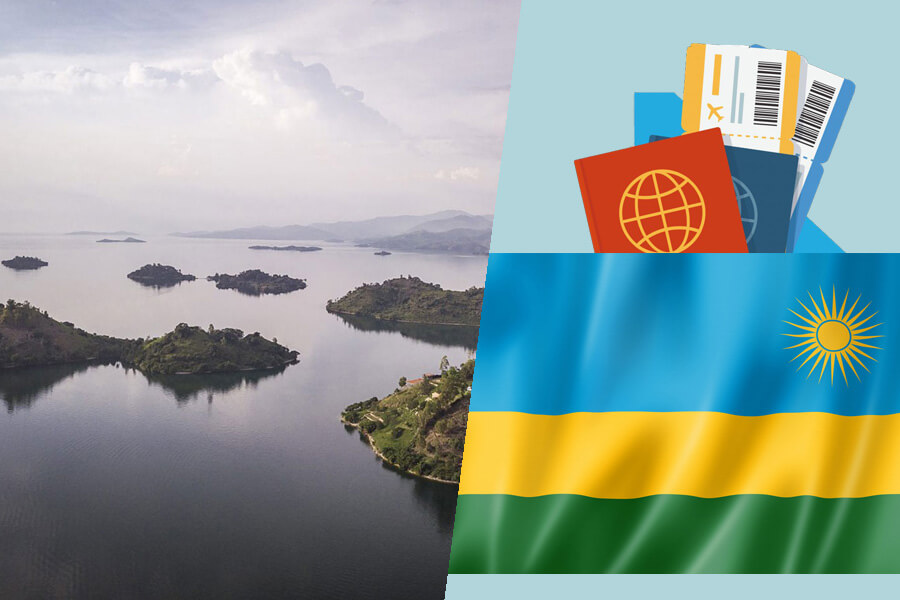
Visas for Uganda, Rwanda, Kenya, and Tanzania can be applied for online via the government visa portals. You can also get a visa from the embassies of the respective countries.
The price of a visa is often not included with the total price of your safari package since the process can easily be done online from your home in a few minutes. If however, you need any assistance, we can always help you to get the visa application sorted out quickly.
Another great option for getting your visa is carrying the visa fee and required documents such that you can get it on arrival. While this is great, most people prefer to have everything planned ahead of time for peace of mind.
2. International Flights
This is another major factor to consider while budgeting for your safari. The price of a visa is often not included with the total price of your safari package since guests come from all over the world.
Therefore, depending on where you are coming from, your flight prices will depend on many variables like departure and arrival airports, the airline, the season, the availability and the booking time.
To find the best deals, you should compare different airlines and booking platforms, use flexible dates. The cost of international flights will differ from airline to airline and the various classes, as well as the distance between the 2 places.
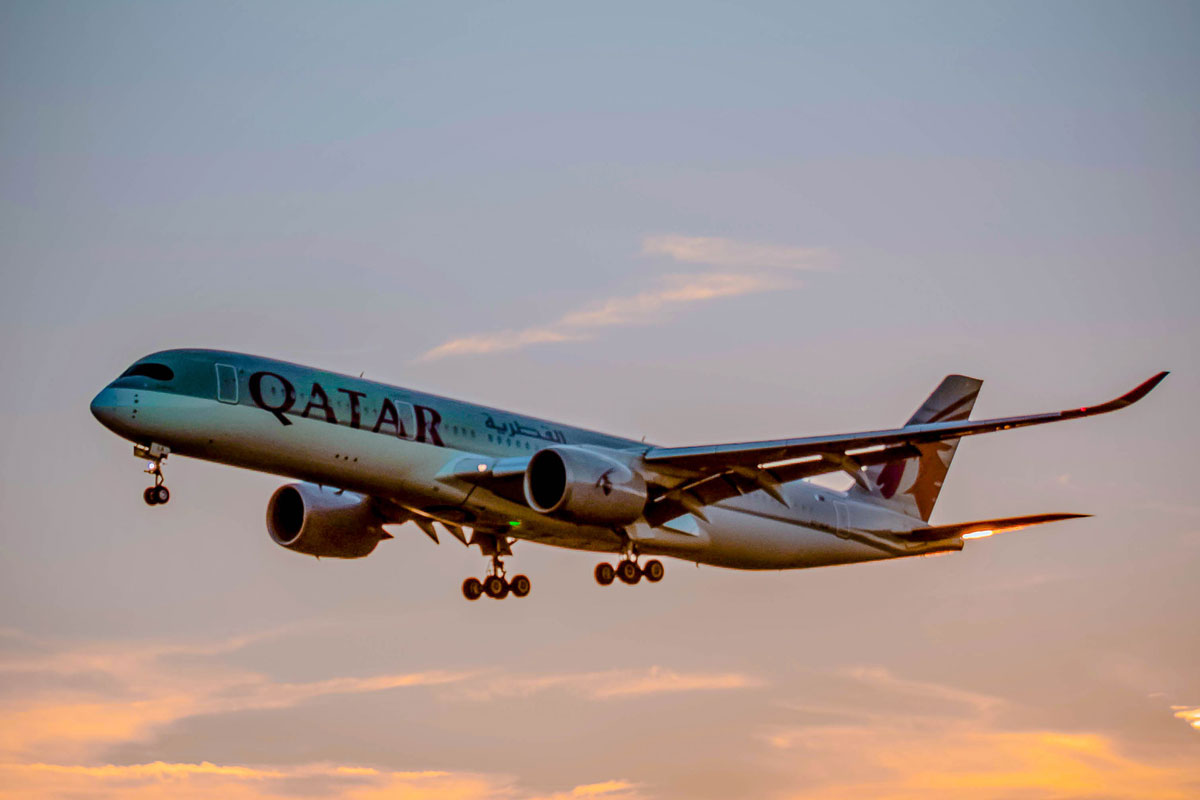
Peak seasons such as Christmas and Easter usually have high demand so the flights during these seasons will be expensive.
If you have a fixed budget first find out the price of the plane tickets (to and from) so that the remainder can go towards your activities and safari experiences. Remember that we are always ready to help you navigate the waters and choose the safari that fits you.
We have an article that takes a deeper look at international flights to Africa and how you can go about making proper plans.
3. Accommodation
This is where you will be staying throughout the duration of your safari. There are many options in East Africa when it comes to accommodation such as campsites, budget lodges, luxury hotels, homestays, Airbnb, and many others.
The cost of accommodation depends on the location, the quality, the facilities, and the services included. For example, staying in a national park or a private reserve is usually more expensive than staying outside, as you have to pay park fees and conservation fees.
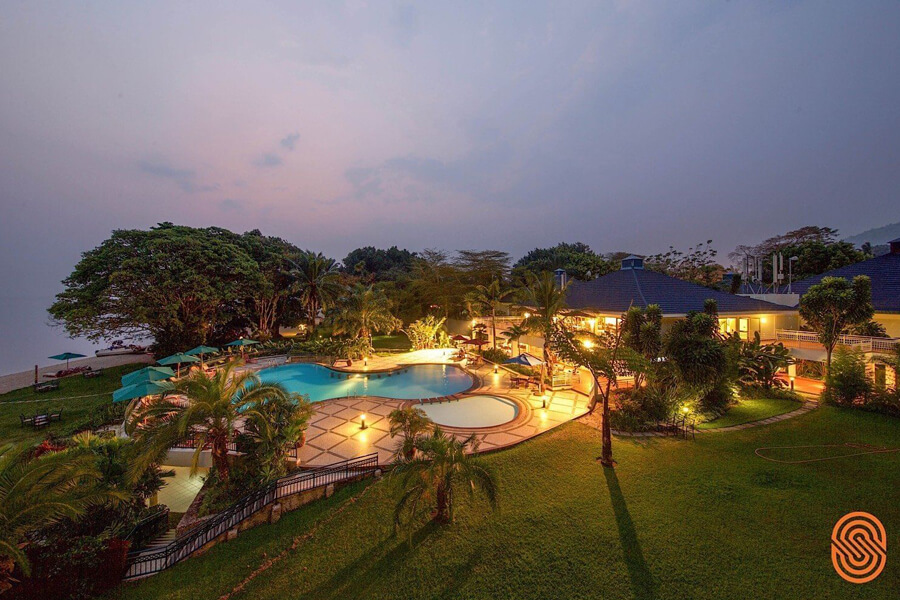
Similarly, staying in a full-board lodge with all meals and drinks included is more costly than staying in a self-catering cottage where you have to buy your own food.
The average cost of accommodation in East Africa is around $50-$100 per person per night for budget options, $100-$400 for mid-range options and $500-$1000 or more for luxury options.
As your tour operator, we have built relationships with many lodges and hotels and can easily customize every detail of your stay during your safari holiday with us.
4. Transport
Depending on your itinerary and preferences, you may need to use different modes of transport when you arrive in East Africa such as domestic flights, buses, trains, taxis, or rental cars. The most common way to travel around East Africa is by road, either with a private driver-guide or a group tour operator.
This way, you can enjoy the scenery and stop at interesting places along the way. However, road travel can also be slow, bumpy, and tiring, especially in remote areas where the roads are not well maintained.
The cost of road travel becomes cheaper with a big group since fuel and vehicle hire costs are shared. This is why group safaris are cheaper in comparison to solo trips.
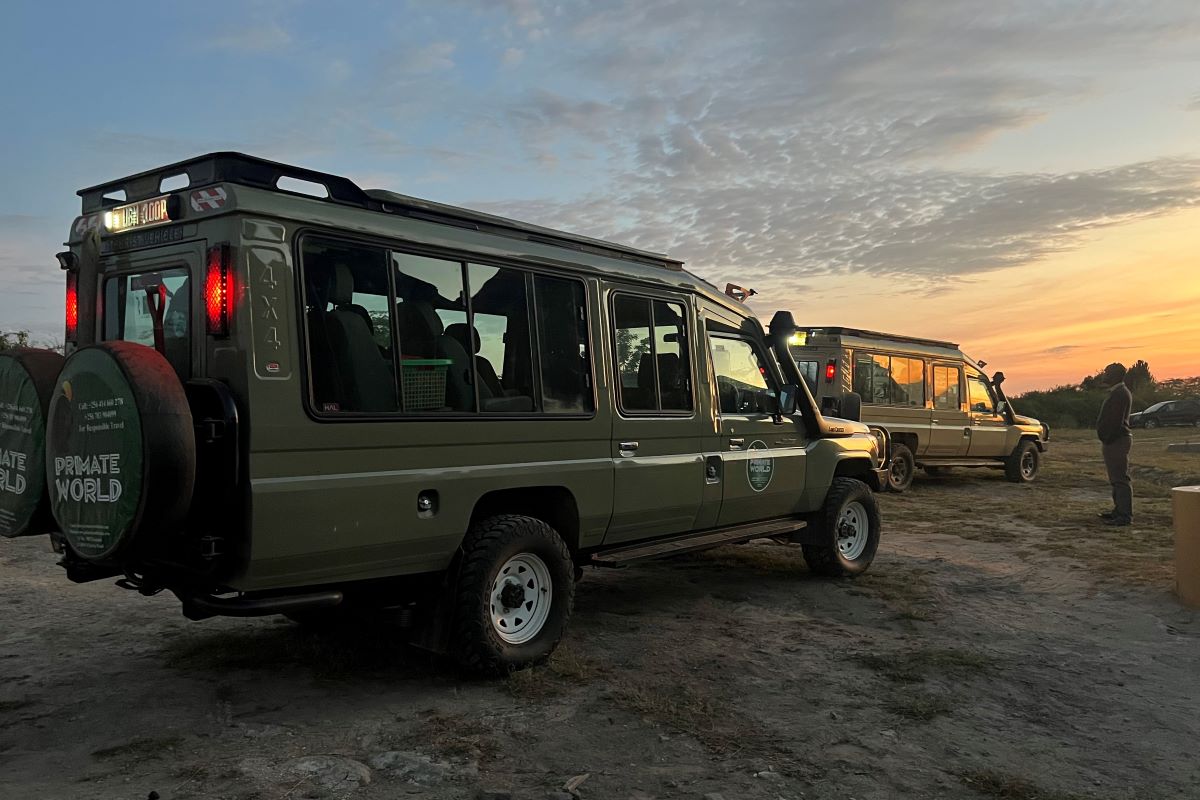
Our safari cars are well maintained and kept in top mechanical conditions such that they can easily handle both the open road and the African wilderness.
Another option is to fly between destinations using domestic flights or charter flights. This way, you can save time and avoid long drives on rough roads. However, this option is more expensive compared to traveling by road.
To save money on transport, we can help you plan your itinerary carefully to minimize distances and transfers.
5. Meals
Food is not only a source of energy and nourishment but also a great way of experiencing new cultures. East Africa offers a variety of cuisines and dishes, from local specialties to international favorites.
The meal cost depends on the type, the quality, and the quantity of food you eat. Generally speaking, local food is cheaper but spicier and less varied than international food.
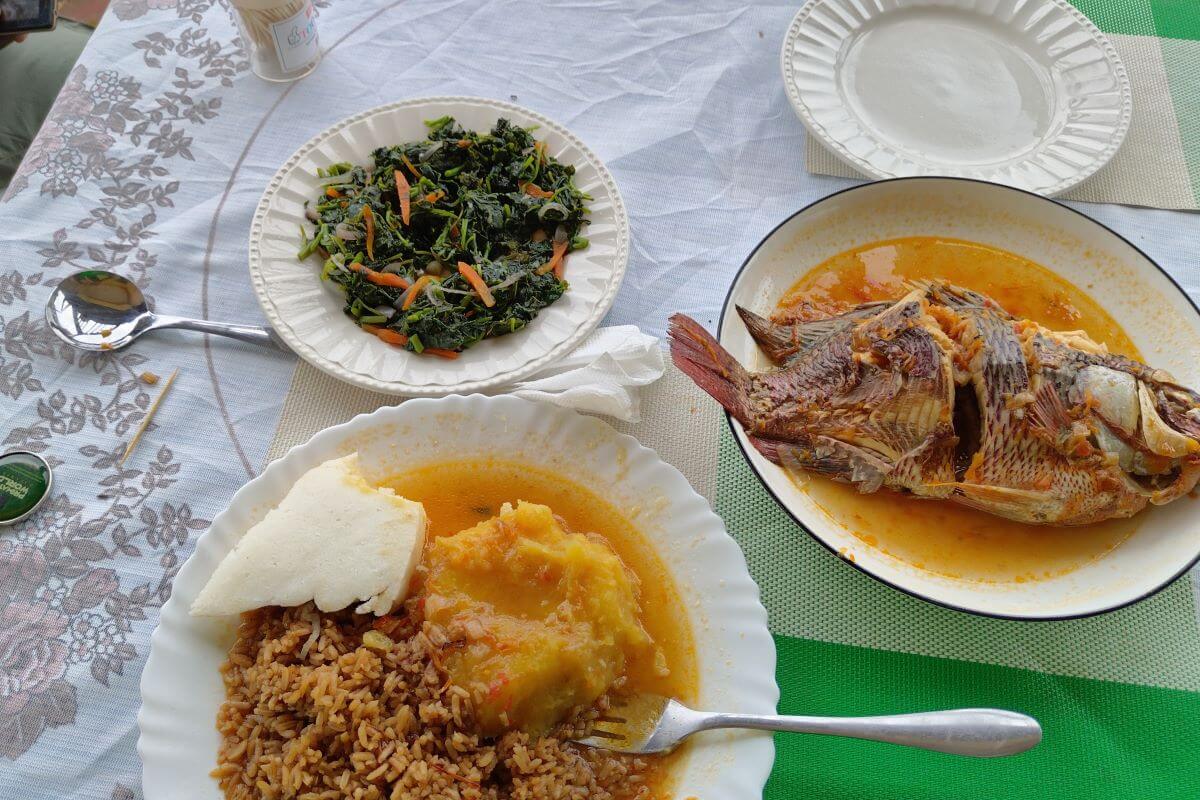
Meals are often thought about in terms of Breakfast, Lunch, and Dinner/Supper. Your meals are often included with your accommodation or planned if you will be stopping for breakfast or lunch on your way.
As we talk with you and try to finalize the details of your safari, we often ask about your dietary preferences or restrictions. This is where you mention any food allergies, preferences, and any other information that can be helpful.
Snacks and roadside treats are usually not included with the cost of a safari and will come from extra cash that you should have for such expenses.
6. Activity fees
East Africa offers a variety of activities and attractions to enjoy, from gorillas, mountain climbing, and wildlife viewing to cultural tours and adventure sports.
All these activities have different prices. Generally speaking, the more specialized and exclusive the activity, the higher the price. These costs are usually included in the safari package you choose.
![]()
Some activities like gorilla trekking allow limited numbers of people on any given day but we help you buy the gorilla permits as well as pay for the other activities ahead of time. This means that you simply show up on time and focus on enjoying the experiences you have been looking forward to.
7. Extra Safari cash
As you can guess, the extra safari cash is not part of your cost for the safari package. This is the cash you carry for small conveniences like wanting to give a tip to a good server at the restaurant to buy a few fruits, bananas, snacks, and such.
The extra safari cash is what you will also use to buy a few souvenirs that you might want to carry home with you. Since international credit cards might not work in all parts – especially the remote national park, we advise that you change some money into a local currency.
The exchange rate is good and your guide can help you in making such purchases and tipping your servers.
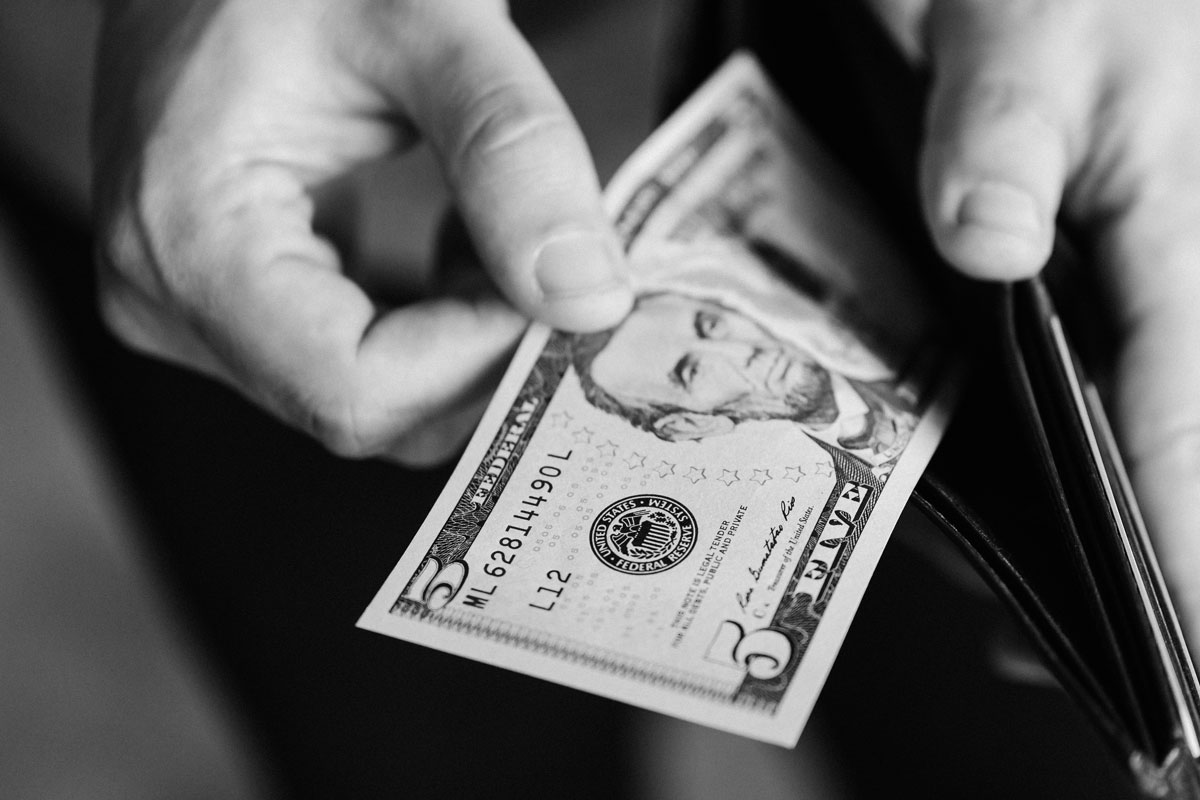
Overall, the final cost of a safari is often a combination of all these factors and it’s rare for one safari to be like the next. Whether it is because of flights, entry visas, or the activities you wish to partake in on your safari, there is no specific price for an African safari. This is why our main basis for designing your safari is looking at your top interests, your budget, and your schedule.
Most of our are all-inclusive tours where accommodation, transport, and activities fees are paid ahead of time by us so that you can simply check in to find everything ready.
If you have ever thought about a safari to see gorillas or witness the great migration among other wonderful experiences, feel free to talk to us. We would love to hear from you and our in-field experience could at the very least answer some of your questions. In the best-case scenario, we plan your epic trip and share our passion with you.
Send us an email via the contact form or browse some of our safari packages to see what interests you – and the conversation can start there.
